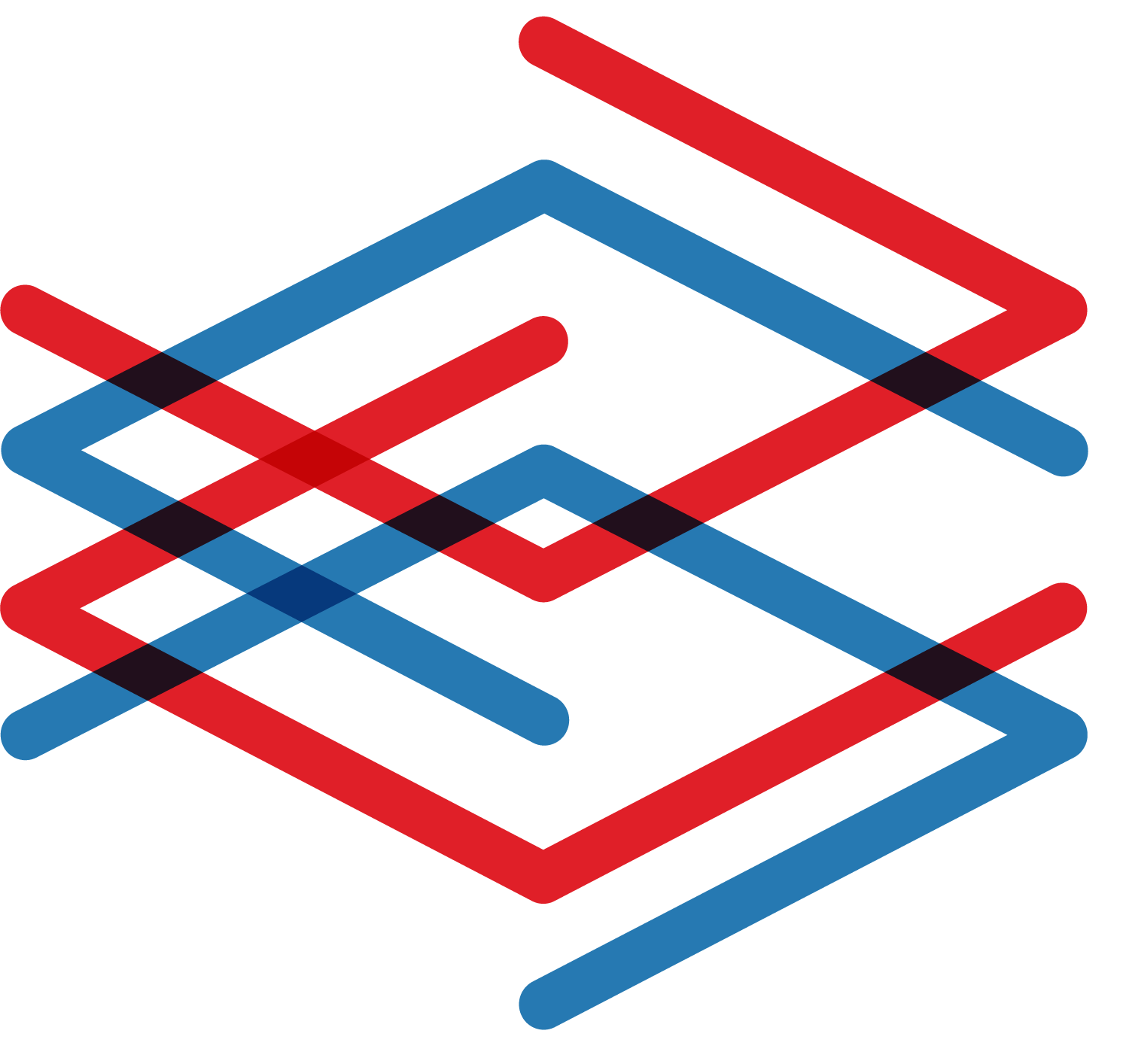How to Put the 3 P’s of Cybersecurity to Work with Malizen! First Stop: People
- Lea Deswarte
- Oct 16, 2023
- 3 min read
Updated: Oct 17, 2023
Rather than focusing on the threats surrounding us in this terrifying cybersecurity world we live in, we want to share a positive message based on three crucial principles that can lead to a healthy cybersecurity environment. For years, the three foundational elements of IT have been acknowledged as 'People, Process, and Product' and this same principle is equally relevant in the realm of cybersecurity. How can Malizen assist you in implementing these principles? This is the focus of the series of articles we offer, the 3P journey aboard our Malizen spaceship. First stop: People!
Cybersecurity is human
We have always said, and we remain convinced, that whether there's AI or not, the heart of cybersecurity will always be humans. After all, the final decision is a human one, and it's usually a human who has to explain things to their board. If humans are at the core of cybersecurity defenses, the challenges that await us are even greater…
Staff Shortage — One of the most basic yet pervasive issues in cyber operations is the shortage of qualified staff. There are often too few people available to manage the constant influx of security incidents and alerts. This can lead to a backlog of unaddressed issues, leaving the organization vulnerable to attacks.
Skills Shortage — Even when organizations can hire new staff, they often lack the necessary skills and experience to effectively detect, investigate, and respond to threats. The training and onboarding process can be challenging, causing delays in responding to incidents and increasing the risk of breaches.
Knowledge Shortage — Cybersecurity is a dynamic field that is constantly evolving. Staying up to date with the latest threats and attack techniques is a constant struggle. Cyber analysts must undergo continuous training and learning to remain effective in their roles.
Team Exhaustion — When teams are left with an insufficient number of cyber defenders, those remaining are expected to work in multiple different roles, sometimes more than they can handle. Cybersecurity employee burnout leads to more errors, reduced motivation, and increased resignations, causing a vicious cycle of understaffed teams and 24/7 demands.
Lack of Collaboration — Effective communication between the teams responsible for building the SOC infrastructure and those operating it is essential. Regular updates and feedback are needed to keep detection systems, rules, and responses current. However, the lack of collaboration often leads to a blame game between these teams, resulting in ineffective security measures.
The Malizen way
Staff Shortage — Malizen offers a solution to the staff shortage issue by automating many manual tasks. This system assembles scattered data through an optimized low-code query process, saving time for analysts. It also combines results with context-based response actions automatically. This means that the existing staff can work more efficiently and handle a higher volume of incidents.
Skills Shortage — To address the skills shortage, Malizen tracks actions during investigations and provides context for future incidents. This historical context gives new analysts access to the experience of their more experienced colleagues, accelerating their onboarding process. With this solution, even less experienced analysts can contribute effectively to the SOC's efforts.
Knowledge Shortage — The ever-changing cybersecurity landscape requires access to up-to-date information. Malizen automatically enriches events with data from live application APIs and threat intelligence sources. This real-time enrichment ensures that analysts have the most current context at their disposal, helping them stay informed as the threat landscape evolves.
Team Exhaustion — Enabling the automation of lower-value tasks, freeing analysts from the repetitive work of sifting through alerts, essentially places cybersecurity expertise at the core of the analyst role and restores meaning and time to cyber teams.
Lack of Collaboration — Collaboration is crucial for a well-functioning SOC. Malizen promotes collaboration by making up-to-date knowledge and contextualized decisions from detection teams available to those responsible for building and maintaining detection systems. This allows for the generation of detection rules and threat intelligence directly from the data, speeding up the process and ensuring that all parties are on the same page.
Conclusion
Cyber teams face significant challenges, from staff and skills shortages to knowledge gaps and a lack of collaboration. Malizen offers a holistic solution to these problems, reducing manual labor, accelerating onboarding, providing up-to-date knowledge, and fostering collaboration between teams. By embracing this approach, organizations have enhanced their security posture and better protect their digital assets in today's ever-evolving threat landscape.

